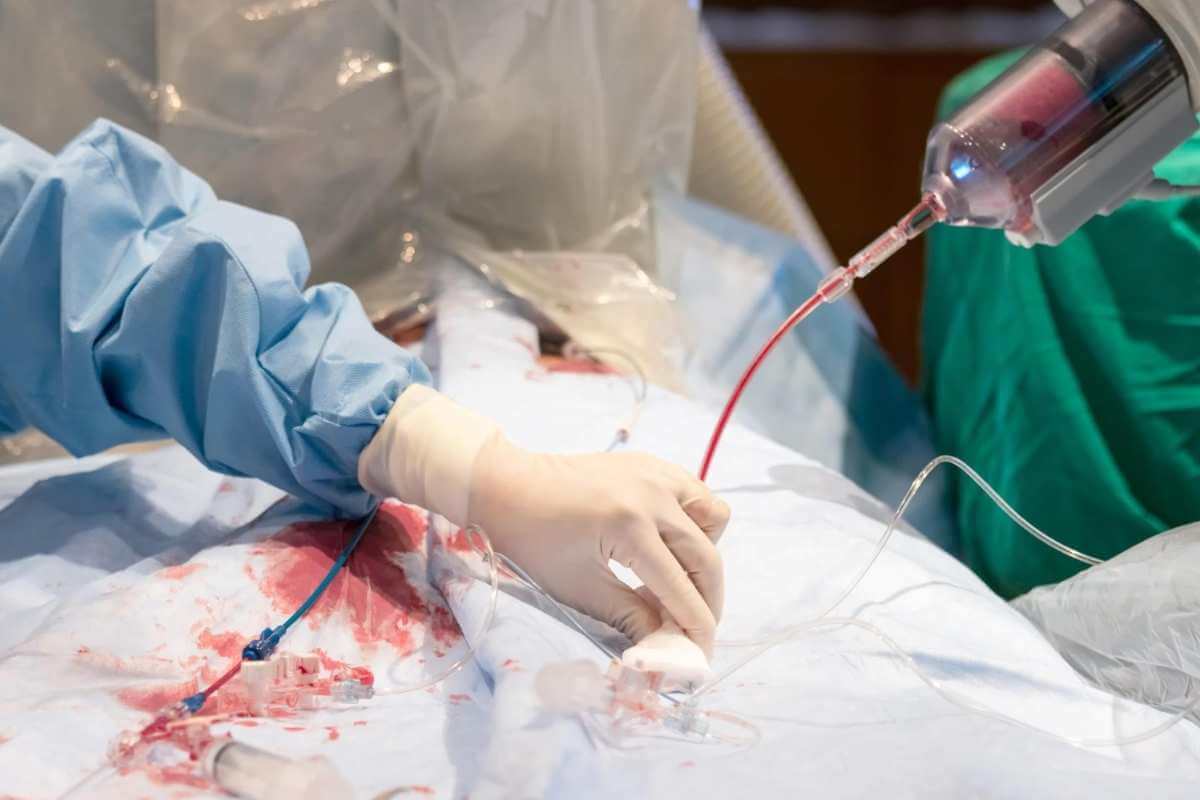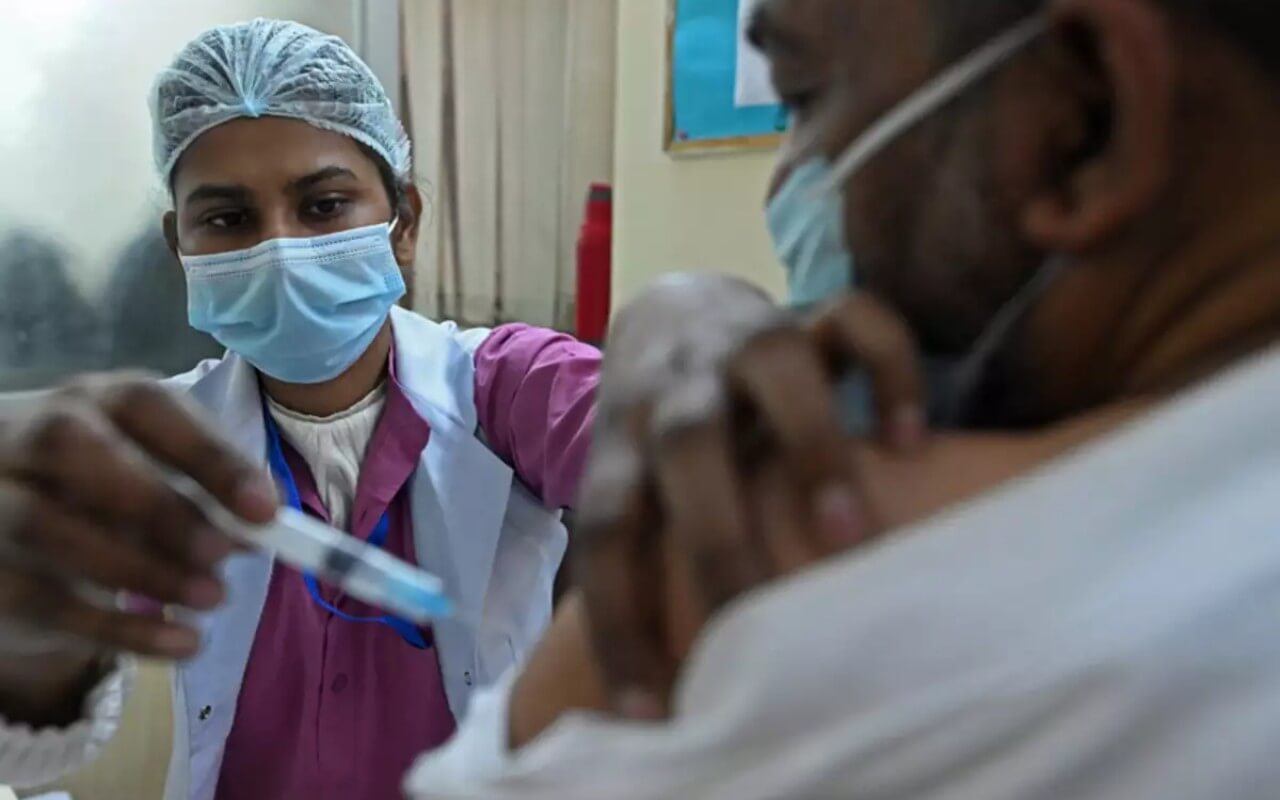The COVID-19 pandemic has resulted in the world falling to its knees, with almost all economic activities coming to a grinding halt. As the world races to find a cure, several vaccine trials across the world are in different stages of development.
In India, the numbers are staggeringly high – and surprisingly nowhere close to being contained. While the majority of the persons – almost 80% – have mild to no symptoms after testing positive from the coronavirus, the least one needs to do is isolate, to prevent further spread of the virus.
Over the months, we’ve witnessed hospital infrastructure crumble for space, with many being filled to capacity. After many studies, it has come to be known, that hospital admission isn’t needed for everyone who tests positive.
So, what should we do if we decide to isolate at home once testing positive for the coronavirus?
Several governments have laid down various protocols for home isolation of covid-19 positive patients. For Goans, one needs to apply online for permission from the respective district authorities. If you’re not sure how to, view the steps explained here:
For those seeking home isolation, consider the following tips to keep you and your family safe.
- Always keep yourself isolated in a separate room, away from other persons in the house. This not only is the most important step, but it will prevent the infection from spreading to others in the house – especially if others have tested negative. Also, a separate toilet must be considered.
- Inform your doctor about your decision to isolate at home. The Indian Medical Association (IMA) – Goa branch doctors have been assigned to look into patients who have self-isolated at home.
- Consider shifting the elderly, pregnant woman, small children and others with any healthcare problems to another residence for safety reasons. People with co-morbid conditions are at a higher risk of contracting the virus and falling severely ill.
- Stick to very healthy practices which include sanitization of the house regularly, separate dishes and laundry services, and refrain from having any visitors at your place.
- On the personal health side, opt for healthy nutritious food. A good intake of liquids is very much important, consider two liters of water daily.
- Stock up on basic medicines such as paracetamol and vitamins. Consider monitoring your health at least three times a day, or whenever you feel uneasy.
- Check your body temperature and pulse rate regularly, and if you want to maintain a report, note the readings down regularly.
However, the common question that prevails is, when should one consider seeking medical help or getting admitted to a hospital?
The answer to this can vary from patient to patient, however, always be on the lookout for covid related symptoms. High fever, breathing difficulties, chest pain, weakness, and fatigue.
If you do begin to experience such symptoms, consult a physician immediately. Instant healthcare assistance can go a long way in helping one recover from the virus. Delay in providing any sort of medical attention can be detrimental as it may increase the caseload of the virus within your body.
Also, monitor your blood oxygen levels if possible. This can be done with the help of a simple device – a pulse oximeter.
The small device can be clipped to your finger or toe, and it measures your oxygen saturation levels. This is used to diagnose the silent depletion of oxygen in the body of asymptomatic patients.
A person’s oxygen saturation usually varies between 95 to 100 percent (SpO2) as measured by pulse oximeter and needs immediate attention if it starts dropping below 92 (SpO2).
As claimed that 14 days are mandatory quarantine for home isolation, consider a few extra days of isolation to be on the safer side. Besides all practices mentioned, regular hand washing and the wearing of a mask – if you happen to come in contact with the family within the house – must be followed.
If you do happen to have a caretaker for yourself, consider their health also as the top-most priority. Avoid contact of surfaces that the positive patient may have touched. Hence, regular sanitization, along with all safety protocols is the best way to keep the virus at bay.






























